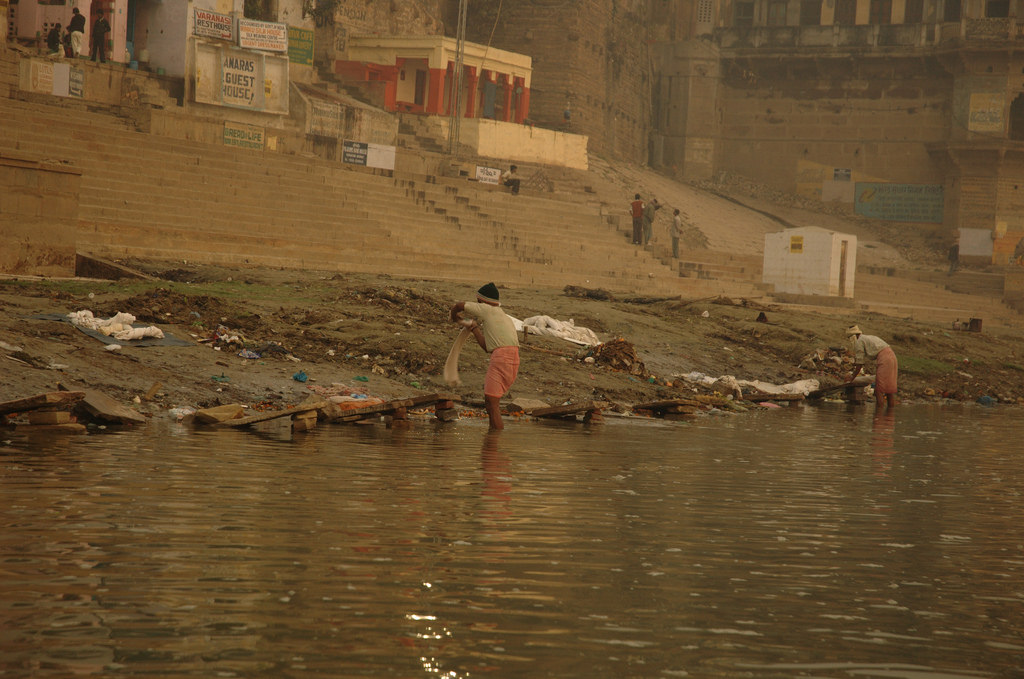Time flies. Yet another deadline for the project to clean up the Ganga is drawing close and the desperation of the water resources ministry is beginning to show. It has drafted a bill that includes an arsenal of penal provisions - ranging from a fine to a prison term - to curb activities like construction that obstructs the flow of the river, withdrawal of groundwater for commercial or industrial purposes, commercial fishing, discharging of sewage into the river and so on. Raising an armed force to enforce the provisions in the bill and crack down on polluters has also been proposed. While industrial discharge is just one of the main polluters of the Ganga, it has been given excessive importance in the draft bill. Perhaps this is meant to shift focus from the State's complete failure to implement the Namami Gange project, which took a more nuanced approach to rejuvenating India's river of woe. For instance, the plan to build a robust sewage infrastructure - three-fourths of the Ganga's pollution is caused by the municipal sewage of about 100 cities and towns - remains unrealized. This inaction, though, is not for the lack of funds. Almost Rs 2,500 crore of the funds available to clean the Ganga lay unused till last year. No armed force can hurry along the bureaucratic and political machinery that is stymieing the execution of initiatives to clean the river.
Further, pollution is just a part of the problem. Rejuvenating the river will require a more comprehensive approach. A river can only be as clean as the people living alongside it allow it to be. Stopping the flow of industrial effluents will only do so much good if partially burnt bodies are allowed to float away in the river in the name of custom. Tonnes of the stuff polluting the river are thrown in as sacrament, not garbage. If the Ganga has to be cleaned, its social ecosystem needs to change along with its physical ecosystem. But forcing a change in social mores will hurt the sentiments of millions of Hindus who form the core vote bank of the Bharatiya Janata Party. Is the party ready to take this risk? This pandering to religious sentiments can also explain the focus on the Ganga, which does not touch more than 80 per cent of India's states. The Yamuna is, for all practical purposes, a dead river, and the Cauvery has been found to carry a high concentration of toxins. Apathy - political and public - is choking life out of India's rivers.











